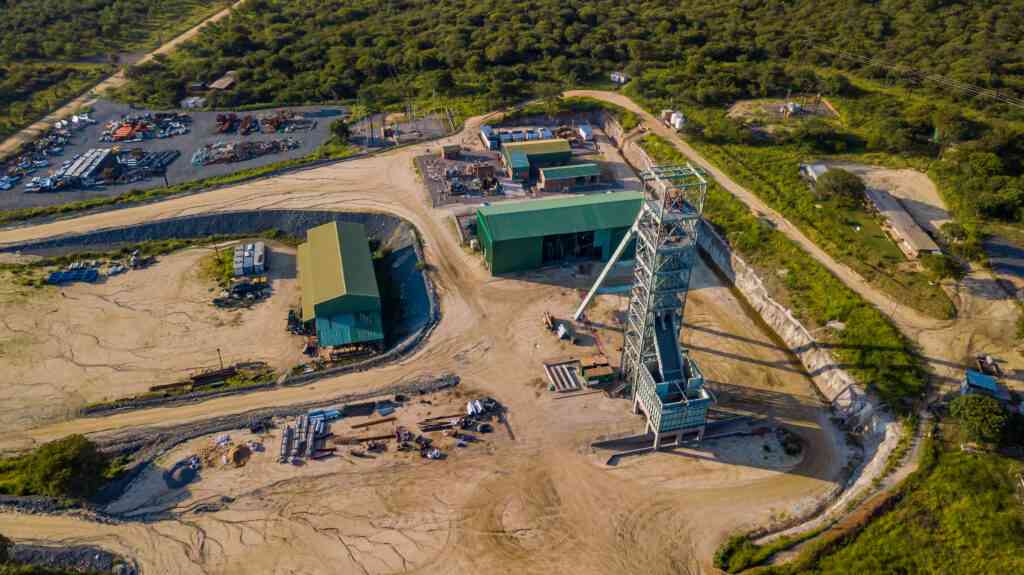
THE government is negotiating with the Zimbabwe Stock Exchange (ZSE) to list its debt instruments on the bourse to raise capital, Standardbusiness can reveal.
Typically, a government lists debt securities such as bonds on a stock exchange as a strategy to raise capital for managing cash flow, funding projects, or addressing budget deficits.
Last month, Finance minister Mthuli Ncube presented a ZiG276,4 billion 2025 national budget against expected revenue of ZiG270,3 billion.
Treasury has a few options to fund the government expenditure, which is a 130,39% increase from the current fiscal year with the country only expected to register 6% economic growth in 2025.
The government scrapped the listing of government bonds on the Victoria Falls Stock Exchange (VFEX) last year, citing limited market appetite.
Although the ZSE system is capable of trading debt instruments, listing government bonds may prove cumbersome owing to policy-related issues.
“The Bond Market Association of Zimbabwe (BMAZ) was established earlier this year to create a smooth and beneficial environment for investors, companies issuing bonds and all stakeholders in the bond market,” ZSE chief executive officer Justin Bgoni told Standardbusiness.
“The association’s establishment came at an opportune time, and the work being done will go a long way in reviving the debt market.
- Stop clinging to decaying state firms
- Piggy's Trading Investing Tips: De-risking mining projects
- Chance to buy 'undervalued' counters: FBC
- Zimbabwe's capital markets collapse
Keep Reading
“Mr Mehluli Mpofu leads the association. BMAZ has signed a MoU [memorandum of understanding] with the Botswana Bond Market Association (BBMA).
The MoU will provide for ongoing collaboration between BMAZ and the BBMA, to enhance each organisation’s capacity and capability and contribute to developing bond markets in Botswana and Zimbabwe.
“We are also discussing with the Ministry of Finance, Economic Development and Investment Promotion on the importance of bringing government debt to the market,” Bgoni said.
Experts have encouraged the revival of the bond market as it plays a crucial role in debt resolution and thus can help to refinance debt, especially for Zimbabwe.
Zimbabwe’s total public debt stood at US$21 billion, of which external debt amounted to US$12,3 billion, with US$8,7 billion being domestic.
Bond markets also help raise capital from domestic and international investors.
However, raising funds on ZSE will be challenging as the bourse’s market capitalisation has dipped nearly 6,3%, year to date, to US$2,58 billion in real terms as companies are moving away from the platform and opting for the VFEX.
“The ZSE and VFEX are doing several initiatives to improve market activity, and these include product diversification through ETFs [exchange-traded funds], REITs [real estate investment trusts], CFDs [contracts for difference], depository receipts, and commodities exchange,” Bgoni said.
In 2025, he said the focus for both VFEX and ZSE would be to increase listings and the migration of the settlement cycle to T+2 settlements.
The abbreviations T+1, T+2, and T+3 refer to the settlement dates of security transactions that occur on a transaction date plus one day, plus two days, and plus three days, respectively.
“We anticipate a migration of the settlement cycle to T+2, with a target date of Q2 2025, the revival of the debt market, and to promote financial inclusion by offering efficient ways of investing on the exchanges through applications such as ZSE Direct and VFEX Direct,” Bgoni said.
He said product diversification had increased.
For example, in 2024, REITs experienced an over 600% increase in volumes compared to the prior year as the market increasingly adopted the product as an alternative investment portfolio.
REITs provide investors with a pathway to diversified property portfolios without the need for direct property ownership.
As of last Tuesday, REITs had a market capitalisation of ZiG1,62 billion.










